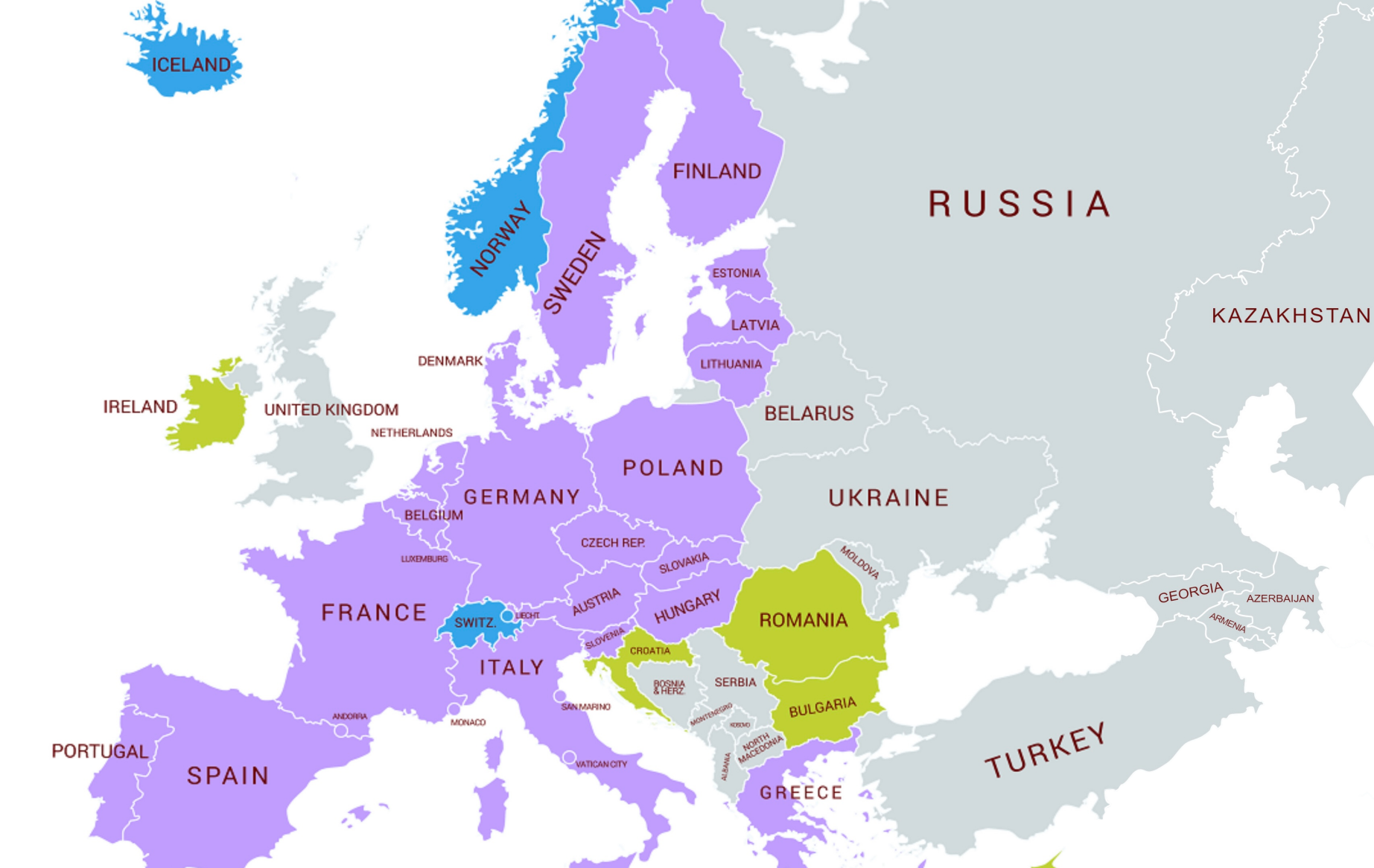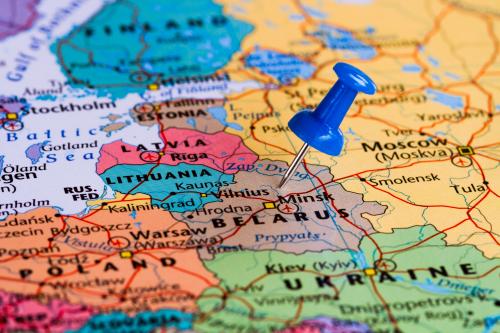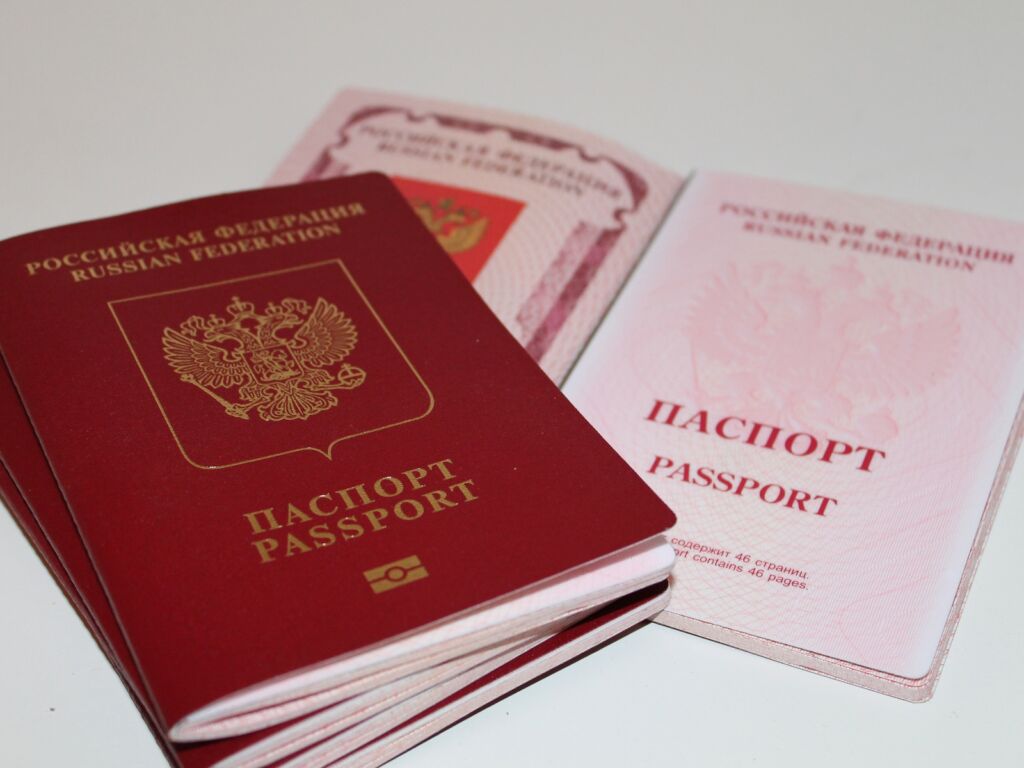The European Union Council and Parliament have agreed on updated rules that may lead to the suspension of visa-free travel for third countries to the Schengen Area. Approved on June 17, 2025, these changes significantly broaden the conditions under which visa exemption agreements could be revoked, affecting more countries than before.
Under the new regulations, one of the key triggers for suspending visa-free access is the failure of a country to align its visa-free regime with the EU’s visa policy. Misalignment is seen as a driver of increased irregular migration, making unified rules essential to protect the integrity of the Schengen Area.
The updated rules also place investor citizenship schemes under scrutiny. Countries that offer citizenship in exchange for investments — often called “golden passports” — may face suspension of their visa-free travel privileges if they do not meet all EU criteria before granting citizenship to foreign nationals. This measure aims to close loopholes that could undermine EU security and migration policies.
Beyond visa policies, the new regulations also consider geopolitical factors. Countries identified as posing hybrid threats to the EU or those with worsening external relations may see their visa exemption status suspended. This reflects a broader strategy to safeguard the EU against political and security risks.
The duration of any temporary visa exemption suspension has been extended from the current nine months to 12 months, with the possibility of a further extension of up to 24 months. This longer suspension period gives the EU greater flexibility in responding to ongoing issues with third countries.
These changes mark a significant tightening of the EU’s approach to managing visa-free travel, signaling that countries benefiting from visa exemptions must maintain strict alignment with EU standards or risk losing this privilege. Travelers from affected countries may face new visa requirements, impacting tourism, business travel, and cultural exchanges.








